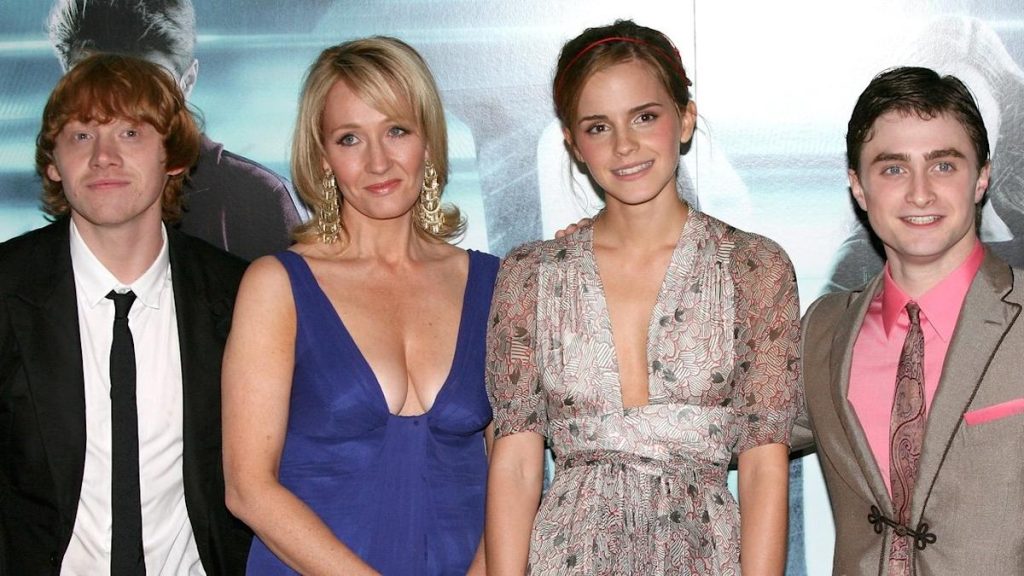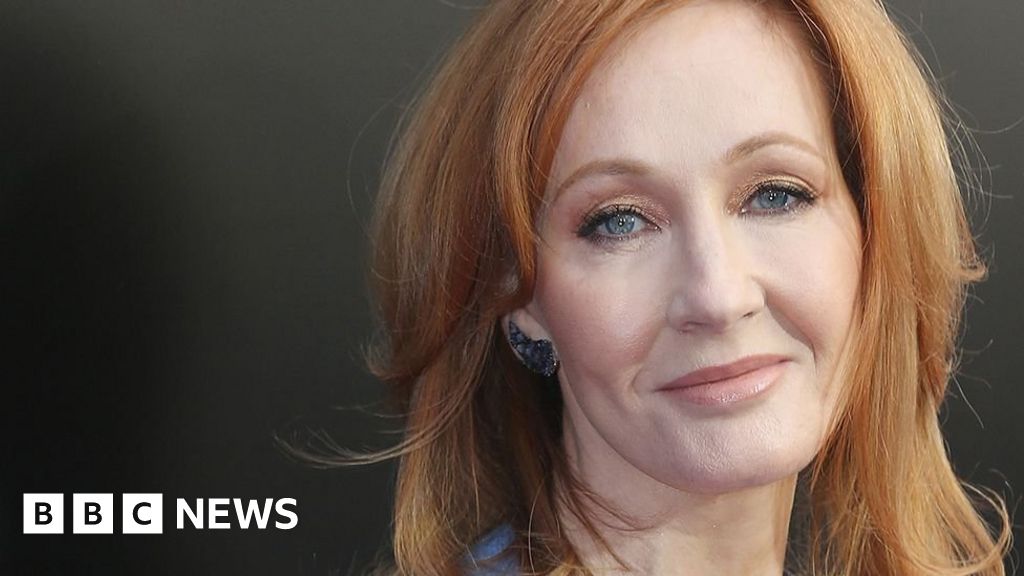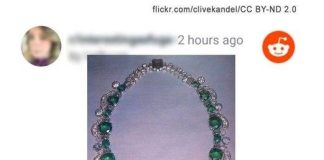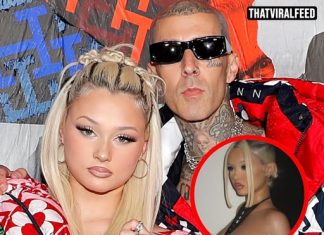The ongoing debate over transgender rights has reignited tensions between Harry Potter author J.K. Rowling and actress Emma Watson. Following a recent UK Supreme Court ruling that legally defines “woman” and “sex” based on biological terms, Watson shared a cryptic message on social media, prompting a sharp response from Rowling.
Emma Watson’s Subtle Critique
In the wake of the court’s decision, Emma Watson posted a quote from author Matt Haig on her Instagram Story:
“To the person who said they like me best when I am not ranting about politics: I like me best when I am not ignoring fascism.”
While Watson did not directly mention Rowling, the timing and content of the post suggest a critique of the author’s stance on gender identity. Watson has previously expressed support for transgender rights, emphasizing the importance of inclusivity and respect for all individuals.

Rowling’s Scathing Response
J.K. Rowling responded to Watson’s post with a lengthy essay shared on X (formerly Twitter). In her statement, Rowling criticized individuals who signed a pro-trans open letter opposing the Supreme Court’s ruling, labeling them as “back-stabbing colleagues” driven by fear and peer pressure. She argued that acknowledging binary sex is a matter of sanity and truth, accusing critics of adopting trans-inclusive views as a virtue-signaling tactic.
Rowling wrote:
“It’s possibly worth remembering that nobody sane believes, or has ever believed, that humans can change sex, or that binary sex isn’t a material fact.”
She further questioned whether the signatories of the letter would ever feel ashamed for supporting a movement she believes undermines women’s and girls’ rights.
Industry-Wide Support for Trans Rights
The open letter in question, signed by over 400 individuals from the film and television industry, including several Harry Potter actors, expressed solidarity with the transgender, non-binary, and intersex communities. Signatories included Eddie Redmayne, Katie Leung, Paapa Essiedu, Bella Ramsey, and Nicola Coughlan. The letter criticized the Supreme Court’s ruling for potentially endangering the safety and rights of these communities, emphasizing the role of the entertainment industry in promoting empathy and social change.
A History of Disagreement
This is not the first time Rowling and Watson have publicly disagreed on transgender issues. In 2020, Rowling faced backlash for a series of tweets and an essay that many perceived as transphobic. Watson responded by affirming her support for transgender individuals, stating:
“Trans people are who they say they are and deserve to live their lives without being constantly questioned or told they aren’t who they say they are.”
Watson’s statement gained widespread attention and support at the time, highlighting a generational and ideological divide between Rowling and some of the actors who helped bring her characters to life. Daniel Radcliffe and Rupert Grint also publicly expressed their disagreement with Rowling’s views in past years, further distancing themselves from her stance on gender identity.
Public Reaction and Ongoing Division
The renewed dispute has reignited heated debates on social media. Supporters of Rowling argue that she is defending biological reality and women’s rights, particularly in contexts like single-sex spaces and sports. Critics, including Watson’s fans, accuse Rowling of contributing to harmful narratives that marginalize and endanger trans people. Many are calling for more nuanced dialogue, emphasizing that supporting women’s rights and trans rights should not be mutually exclusive. Yet, the polarized climate online often turns these conversations into battlegrounds, with little room for empathy or understanding.
The Broader Cultural Context
This public feud reflects broader societal struggles over language, law, and identity. The UK’s recent legal decision to define “woman” in strictly biological terms has intensified these debates, drawing attention to how legal frameworks intersect with cultural beliefs and personal identities. While celebrities and authors are not lawmakers, their opinions hold weight in shaping public discourse. In this case, the divide between Rowling and Watson symbolizes the tension between established feminist perspectives and evolving views on gender and inclusion.

Conclusion
The ongoing disagreement between J.K. Rowling and Emma Watson underscores a deepening cultural and generational rift around gender identity and women’s rights. As the legal and social landscape continues to evolve, their differing views reflect a broader global conversation — one that demands compassion, clarity, and a willingness to listen. Whether their relationship can ever mend remains uncertain, but their voices will undoubtedly continue to influence the debate for years to come.

















